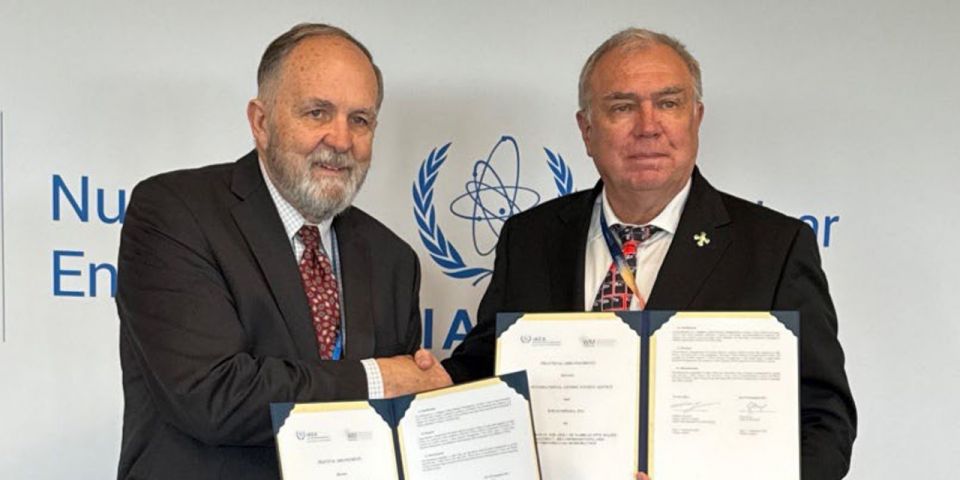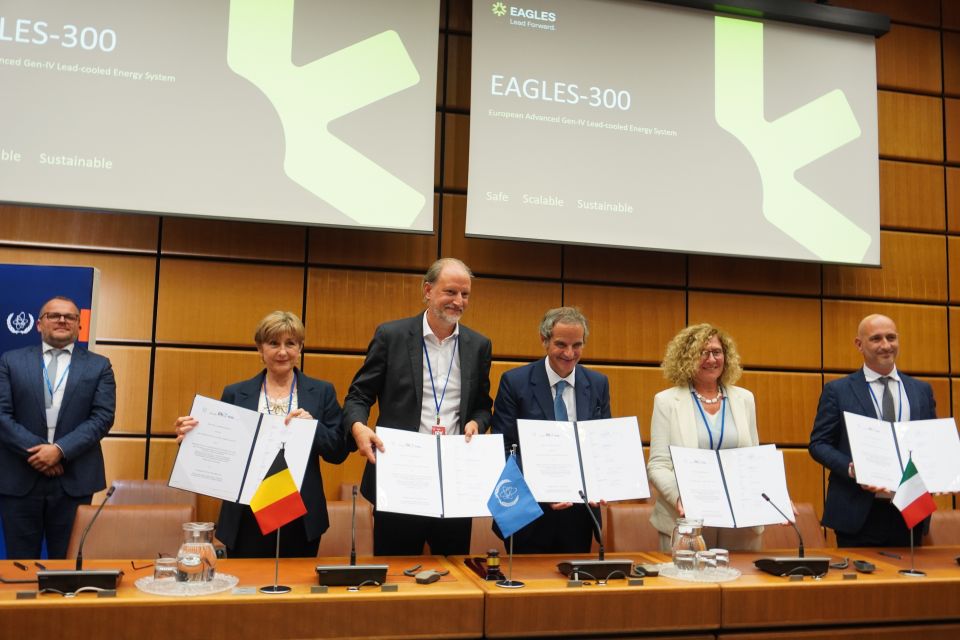Czech Republic selects KHNP for nuclear plant project
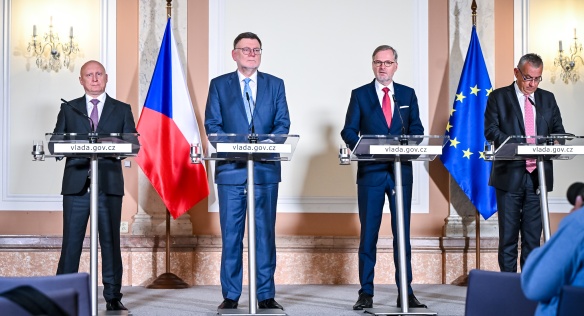
Korea Hydro & Nuclear Power is now in discussions with the Czech Republic for construction of two nuclear units at the Dukovany site and possible new energy sources at Temelín, the country’s other nuclear power facility.

-3 2x1.jpg)
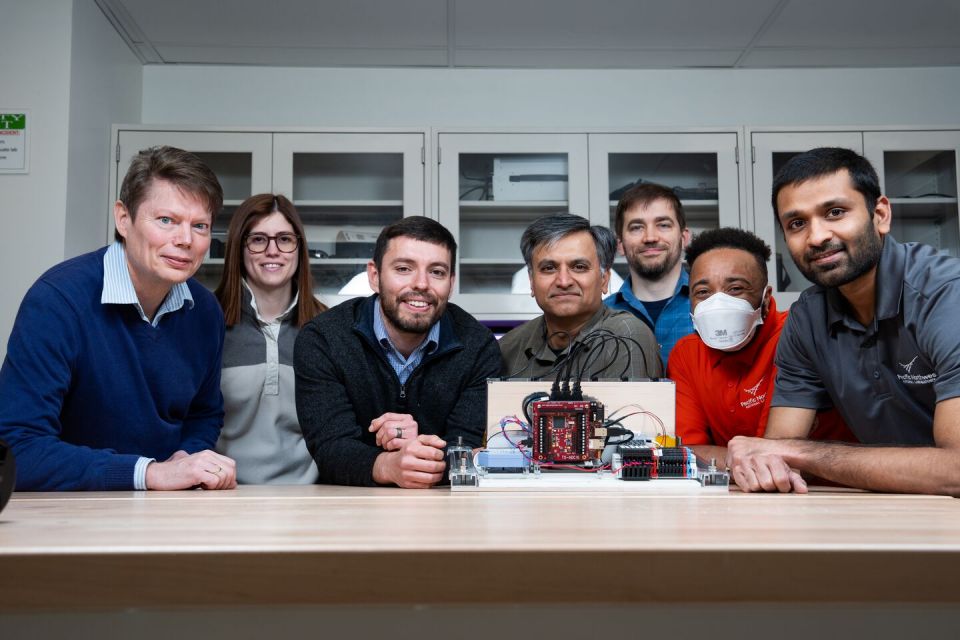
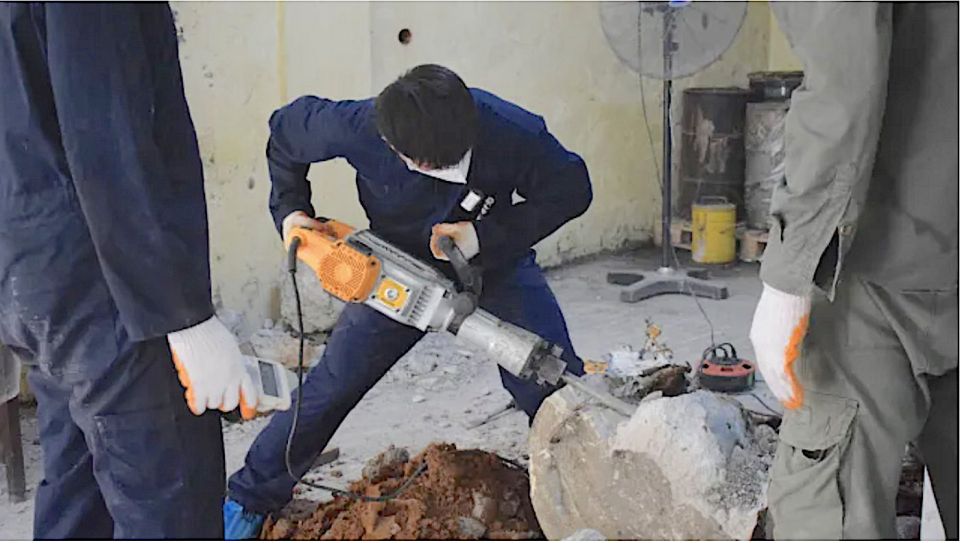

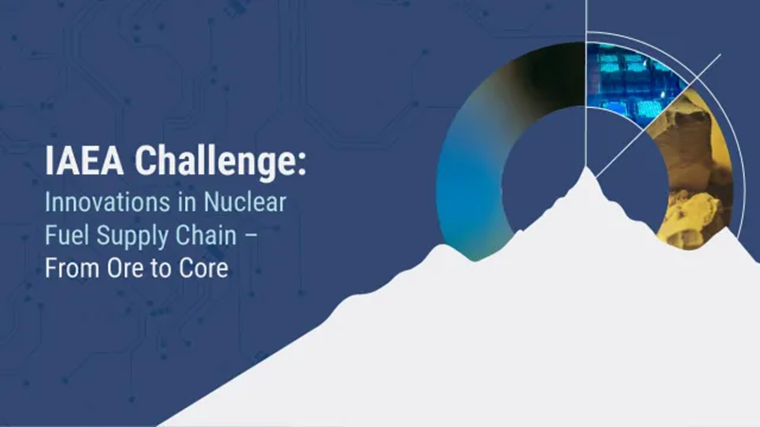
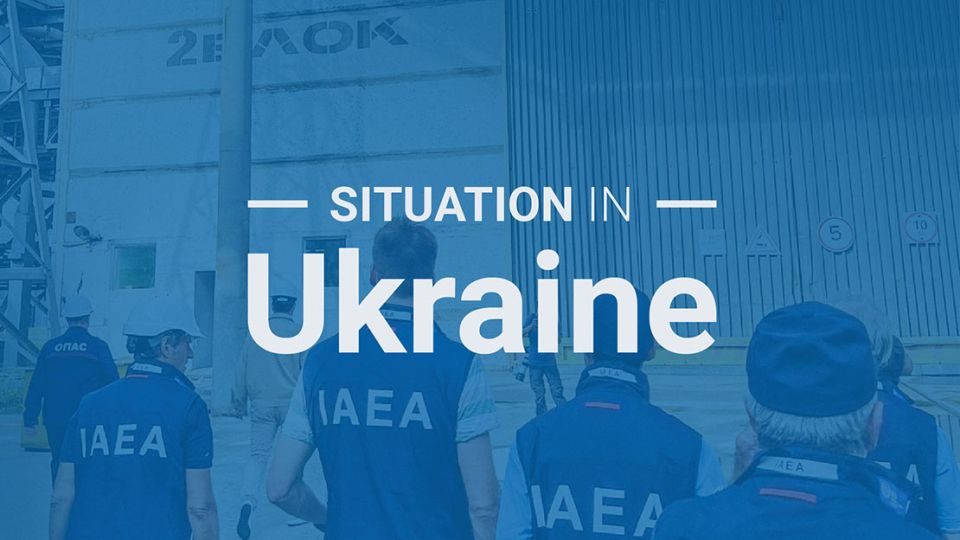
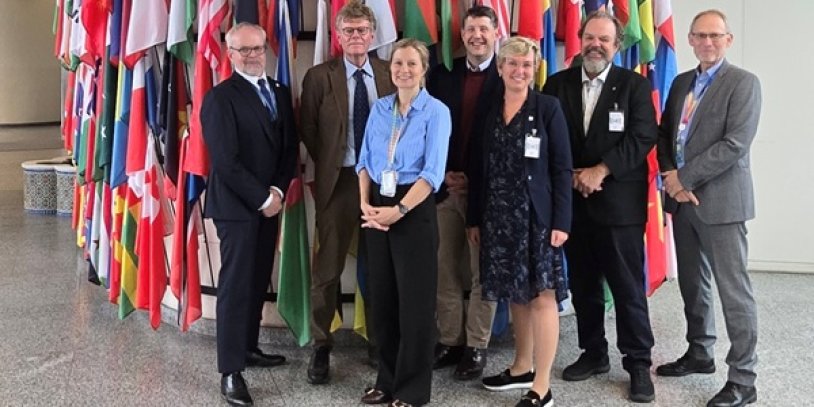
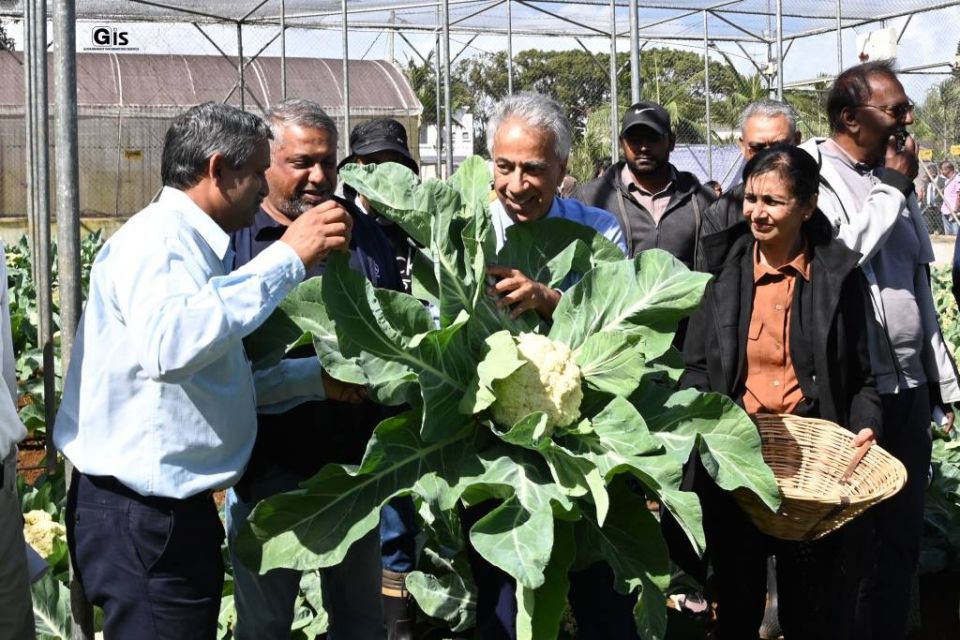.jpg)
